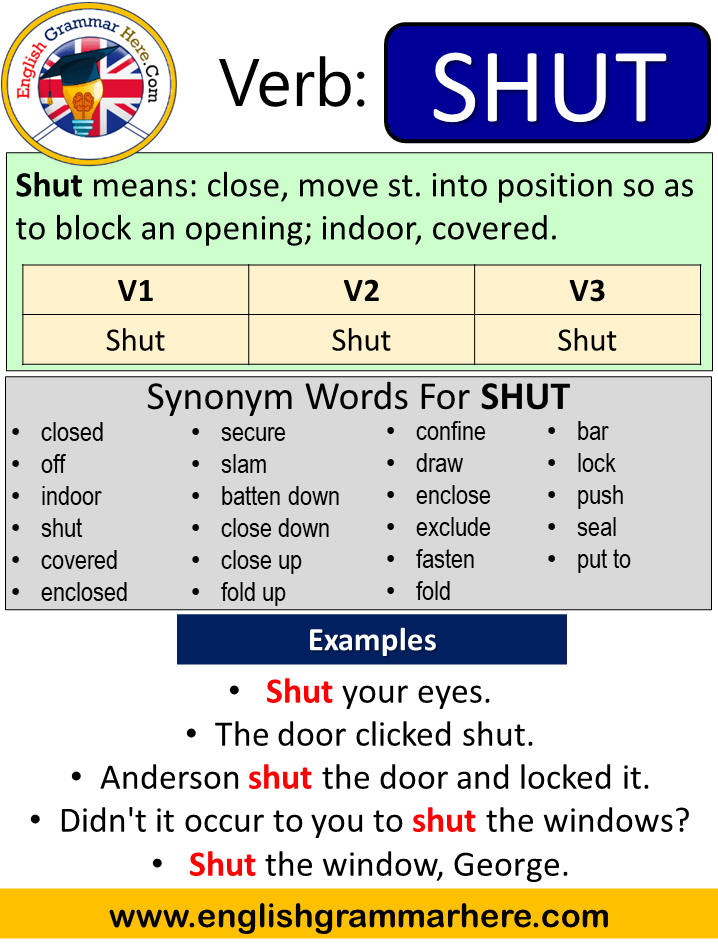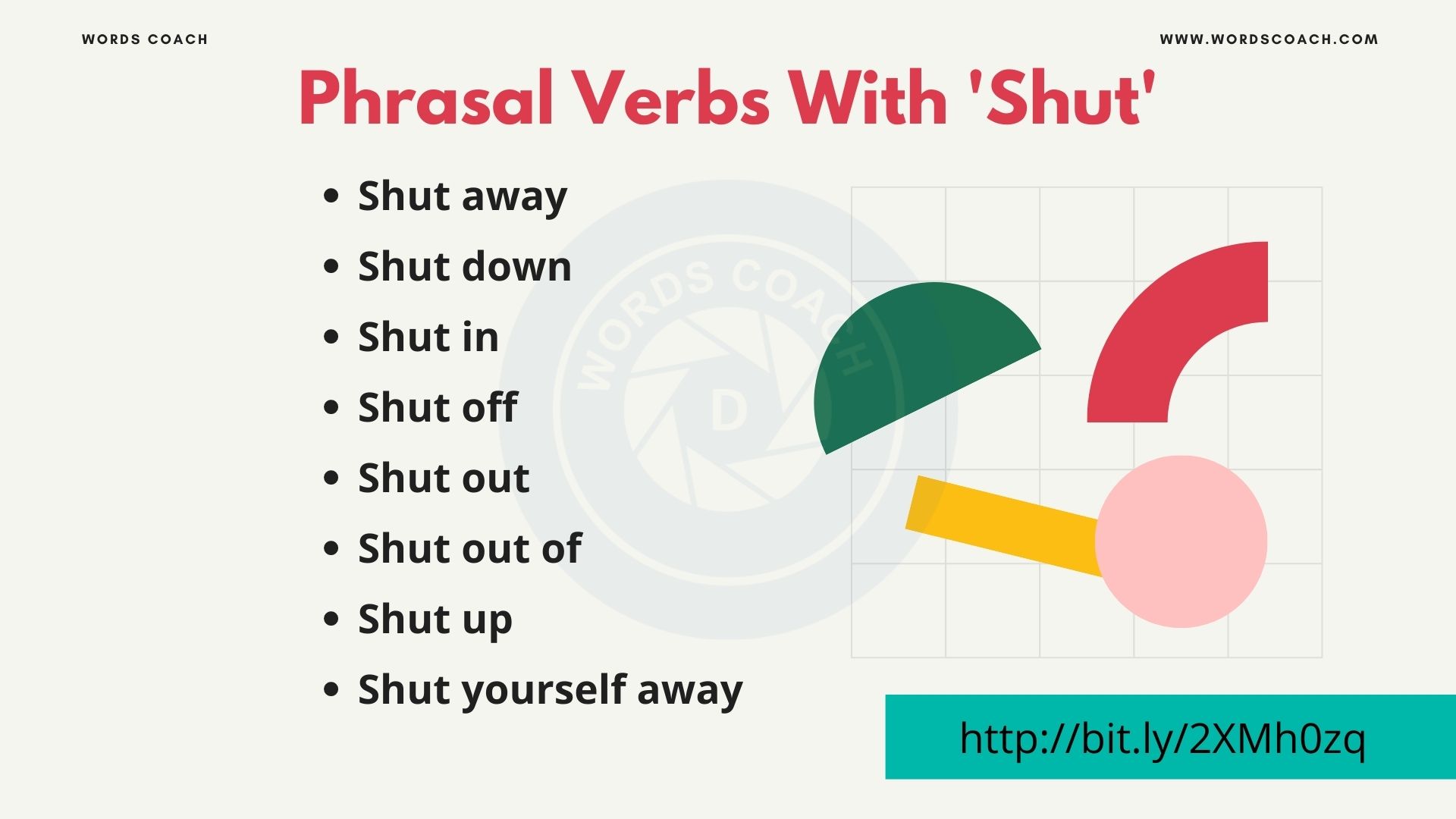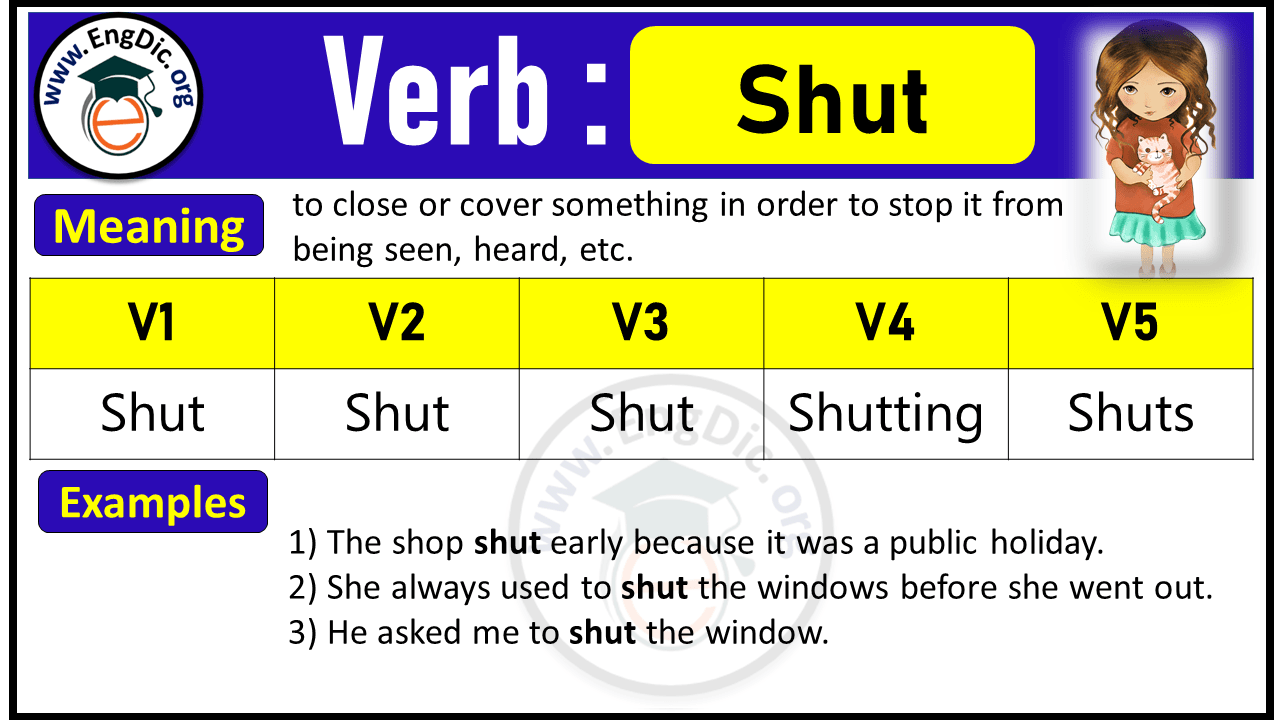Feeling like someone has built a wall around themselves, leaving you on the outside, can be a really tough experience. It is that feeling of being excluded, perhaps from a conversation, a plan, or even just a person's inner thoughts. This kind of emotional distance, when someone seems to pull away, can leave you wondering what happened, or even what you might have done wrong. It’s a common human experience, really.
When we talk about someone who seems to shut you out, we are often talking about a situation where they stop sharing, stop engaging, or simply stop letting you in. This might be a friend, a family member, or even a partner. It can feel like a sudden closing of a door, or maybe a slow, quiet withdrawal that you notice over time. The feeling of being on the outside looking in, it can be pretty isolating, you know?
This idea of being shut out, it's more than just someone being busy or needing a little space. It suggests a deliberate act of keeping you at a distance, or closing off from connection. It's a phrase that brings up feelings of rejection and confusion for many people, I think. Understanding what this expression means, and why it happens, might just help you figure out what to do next, or how to feel about it all.
- What Exercise Can Make Breasts Smaller Transmasc
- Wiz Khalifa Jpeg
- Pink Butterfly Wallpaper
- The Drill That Will Pierce The Heavens Jp
- Womens White Angel Heels
Table of Contents
- What Does "Shut Me Out" Really Mean?
- Why Do People Shut Others Out?
- The Feelings When You're Shut Out
- Ways to Respond When Someone Shuts You Out
- Helping Yourself If You Tend to Shut Others Out
- The Long-Term Effects of Being Shut Out
- Frequently Asked Questions About Being Shut Out
- Moving Forward from Being Shut Out
What Does "Shut Me Out" Really Mean?
The phrase "shut me out" is an idiom, and it describes a situation where someone deliberately keeps you from being involved or from knowing what's going on. It is a way of saying they are closing themselves off from you, like a door being moved into position to close an opening. This can be about information, emotions, or even just their presence. You know, like when you shut off the hot water by closing a valve, they are stopping the flow of connection.
It's not just about physical distance, either. It’s often about emotional distance, where a person becomes unresponsive or unwilling to share their feelings or thoughts. The dictionary definitions of "shut" talk about closing something, or stopping something from operating. So, when someone "shuts you out," they are, in a way, stopping the operation of your shared connection. They might shut themselves off from the community, for instance, or they might shut someone from their circle, as if putting a bird into a cage, in a way.
This expression, it really captures the feeling of being excluded, or made to feel unimportant. It’s the opposite of being invited in, or being made to feel welcome. When Tim Montana sings about being "past the point of giving up" because someone "shut me out," it really captures that deep sense of hurt and feeling like you weren't enough. That sense of blame, "it's my fault, always is your poison, your last kiss love," shows how being shut out can make a person feel responsible for the other person's withdrawal, even when they are not. It's a very human reaction, that, to feel that way.
- Vogue 1037 American Designer Bill Blass Sewing Pattern
- Undead Koifish
- Baggy Jeans Y2k
- Drawing Monkey
- Enjoy Your Day
Why Do People Shut Others Out?
There are many different reasons why someone might choose to shut another person out, and it's rarely about you specifically. People often close themselves off because of things happening within their own lives, or because of how they feel inside. Understanding these potential reasons can sometimes help you feel a little less hurt, or perhaps a bit more understanding, actually.
Personal Struggles and Inner Turmoil
Sometimes, a person might be going through a really tough time, like dealing with stress, sadness, or a personal crisis. When they are feeling overwhelmed, they might pull back as a way to cope. It’s almost like they are trying to protect themselves from adding more to their plate, or they might not have the emotional energy to connect with others, you know? They might feel like they are not enough, or that they are a burden, so they retreat.
Fear of Vulnerability
For some, the idea of being open and sharing their true feelings can feel very scary. They might have been hurt in the past when they let someone in, and so they learn to build walls as a defense mechanism. It's a way to keep themselves safe from potential pain or judgment, even if it means isolating themselves from those who care about them. They might worry about being seen as weak, or that their feelings will be dismissed, so they just close off, pretty much.
Past Hurts and Disappointments
If someone has experienced significant disappointment or betrayal in previous relationships, they might develop a habit of shutting people out. This can be a protective measure to prevent similar pain from happening again. They might carry old wounds that make it difficult to trust new connections, or to fully invest in them. This is a very common reason, actually, for people to keep their distance.
Misunderstandings and Conflict
Sometimes, a simple misunderstanding or an unresolved argument can lead to someone shutting you out. They might feel hurt, angry, or confused by something that happened, and instead of addressing it directly, they withdraw. This can be a passive way of expressing their displeasure, or they might just not know how to talk about what's bothering them. It's a difficult situation, that, for everyone involved.
The Feelings When You're Shut Out
Being on the receiving end of someone shutting you out can bring up a lot of difficult feelings. It’s a natural human reaction to feel a sense of loss or confusion when a connection seems to lessen or disappear. These emotions are valid, and it's okay to acknowledge them, you know?
Loneliness and Isolation
When someone you care about pulls away, it can leave you feeling very alone, even if you are surrounded by other people. The absence of their presence, or their usual engagement, can create a void. This feeling of being cut off, or isolated, can be quite heavy, especially when you value the relationship. It's a sort of quiet sadness, in a way.
Confusion and Worry
You might find yourself constantly replaying recent interactions, trying to figure out what went wrong, or what changed. This constant questioning can be mentally exhausting. You might worry about the person who has shut you out, or about the future of your relationship with them. It’s natural to want answers when things feel unclear, honestly.
Hurt and Rejection
Perhaps the most common feeling is a deep sense of hurt. It can feel like a personal rejection, as if you are not wanted or are not good enough. This feeling can be particularly sharp when the person who shuts you out is someone you care about deeply. The idea that they would close you off can sting, really, and it's a very real pain.
Ways to Respond When Someone Shuts You Out
When someone seems to shut you out, knowing how to respond can be tricky. There isn't one single right answer, as every situation is different, but there are some helpful approaches you can consider. Remember, your own well-being is important here, too.
Give Them Some Room
Sometimes, people need space to process their thoughts and feelings. Pushing too hard when someone is withdrawn can sometimes make them pull back even more. Giving them a little room, without completely disappearing, can show that you respect their need for time. This doesn't mean you ignore them, just that you don't crowd them, you know?
Reach Out Gently
After a bit of time, a gentle, non-demanding message can be a good step. Something like, "Hey, I've been thinking about you. No pressure, but if you ever want to talk, I'm here," can be very effective. This shows you care without putting pressure on them to open up immediately. It's about letting them know the door is open, if they choose to use it, pretty much.
Focus on Your Own Well-being
It's easy to get caught up in trying to fix the situation, but remember to take care of yourself. Engage in activities you enjoy, spend time with other people who make you feel good, and practice self-care. Your emotional health matters, too, and you deserve to feel supported and valued. Learn more about emotional resilience on our site, for instance, to help you through these moments.
Set Healthy Boundaries
If the person consistently shuts you out, or if their behavior is negatively impacting your own peace, it might be time to consider setting some boundaries. This doesn't mean ending the relationship, but it might mean adjusting your expectations or how much emotional energy you invest. It's about protecting yourself from ongoing hurt, actually. You can learn more about healthy relationship dynamics to help with this.
Helping Yourself If You Tend to Shut Others Out
It's not just about being on the receiving end; sometimes, people realize they are the ones who tend to shut others out. If you find yourself doing this, understanding why and taking steps to change can lead to healthier, more fulfilling connections. It's a brave step to look at your own patterns, it really is.
Reflect on Your Reasons
Take some quiet time to think about why you might be closing off. Is it fear? Past pain? Feeling overwhelmed? Identifying the root cause can be the first step towards addressing it. It's like looking at why a valve is closed; once you know, you can think about opening it. This reflection can be a powerful thing, you know?
Practice Small Steps of Openness
You don't have to suddenly share everything. Start with small, manageable steps. Maybe share a little thought or a feeling with someone you trust. Each small act of openness can build confidence and make the next step feel a little less daunting. It's like learning to walk again, one tiny step at a time, basically.
Seek Support If You Need It
If you find it really hard to open up, or if your tendency to shut people out is causing you distress, talking to a trusted friend, family member, or even a professional can be incredibly helpful. They can offer a fresh perspective and strategies to help you connect more comfortably with others. There are many resources available, you know, for this kind of thing.
The Long-Term Effects of Being Shut Out
When someone consistently shuts you out, or when you yourself frequently withdraw, there can be lasting impacts on relationships and personal well-being. It's a pattern that can become deeply ingrained, and it can affect how you see yourself and how you interact with the world around you. This is a very real concern, honestly.
For the person being shut out, it can lead to a gradual erosion of trust. They might become hesitant to form close bonds, fearing that others will eventually pull away too. This can foster feelings of insecurity and a sense of not being worthy of connection. It’s a cycle that can be hard to break, that, without some conscious effort.
On the other side, for the person who consistently shuts others out, they might find themselves increasingly isolated. While it might feel like protection in the short term, it can lead to deep loneliness and regret over time. The lack of genuine connection can impact mental health and overall happiness. It’s a heavy burden, you know, to carry all by yourself.
Over time, these patterns can affect entire social circles or family dynamics. Communication can break down, and relationships might become strained or even dissolve. It’s a reminder that human connection, like any living thing, needs nourishment and open pathways to thrive. It really does.
Frequently Asked Questions About Being Shut Out
People often have similar questions when they are dealing with someone who seems to shut them out. Here are a few common ones, with some thoughts on each.
What does it mean when someone suddenly shuts you out?
When someone suddenly shuts you out, it often means they are reacting to something immediate, or they might be overwhelmed. It could be a sudden stressor, a misunderstanding, or a deep emotional reaction they are not ready to share. It usually points to something going on with them, rather than being a direct reflection of you. It's a quick closing, like turning off a PC in Windows 10, pretty much.
How do you deal with someone who constantly shuts you out?
Dealing with someone who constantly shuts you out requires a balance of patience and self-protection. You might need to adjust your expectations for the relationship, and perhaps focus on nurturing other connections. It’s important to communicate your feelings calmly, if possible, but also recognize when it's time to create some distance for your own peace of mind. You can't force someone to open up, you know?
Is it okay to shut people out sometimes?
Yes, it is sometimes okay to shut people out, especially when you need space to process emotions, or if you are feeling overwhelmed. Everyone needs time alone sometimes, or a moment to stop the flow of information. The key is to communicate this need if you can, and to ensure it's a temporary measure rather than a consistent pattern that harms your relationships. It’s about balance, really, just a little.
Moving Forward from Being Shut Out
Dealing with the feeling of being shut out, or recognizing that you might be the one doing the shutting, can be a challenging path. It takes a good deal of patience, some understanding, and often, a lot of self-care. Remember that human connections are complex, and people, you know, sometimes react in ways that don't always make immediate sense to us.
Keep in mind that your worth isn't tied to someone else's willingness to open up. Focus on building strong, open connections with those who do make space for you. If you are the one closing off, consider what steps, even tiny ones, you might take to let a little light in. It’s a process, and every step counts, truly. For more insights on human behavior and relationships, you might find valuable information at a reputable source like Psychology Today, for example.


